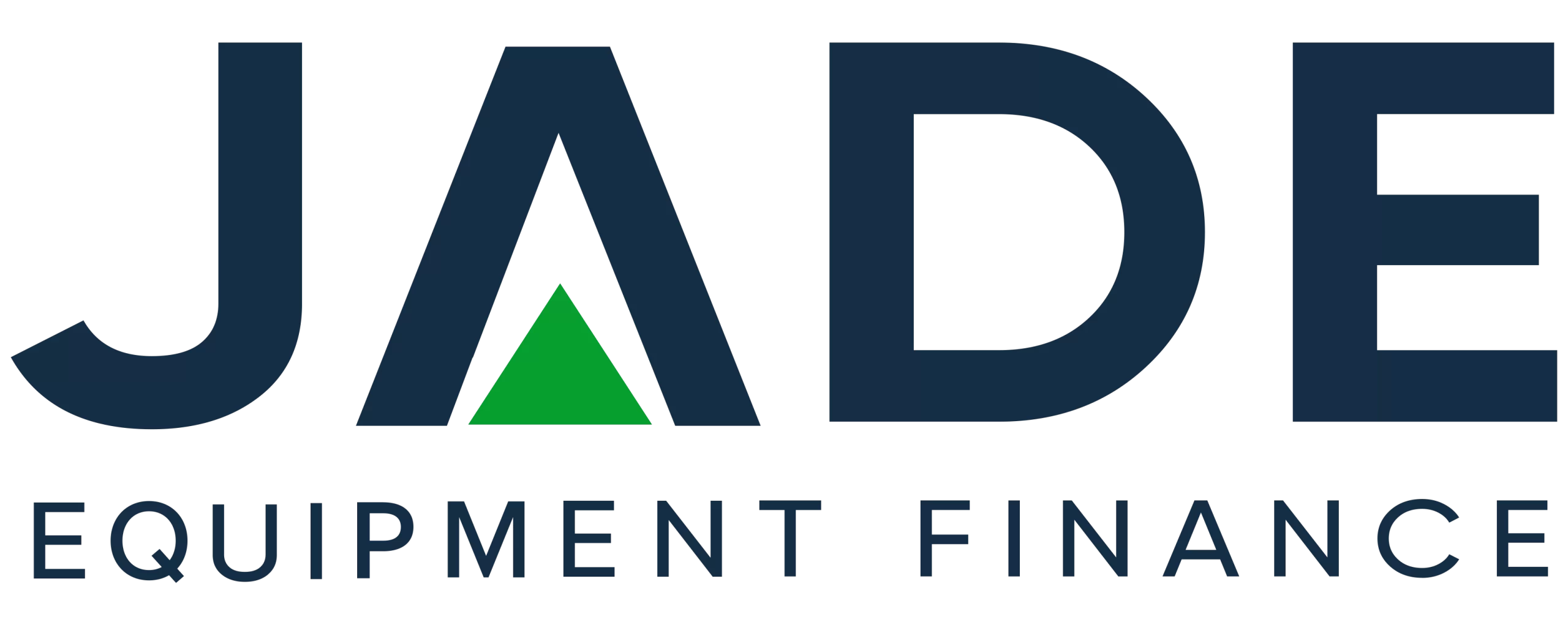The announcement of the mini Federal Budget by Treasurer Chalmers has been received with a mix of responses. The negative reactions stem primarily on the lack of immediate relief for power prices and general costs of living pressure. The Budget was pre-empted with talk of a bread and butter approach and cutting Government expenditure. Those in some industries such as those working on infrastructure projects possibly concerned about future work as this sector has had a strong pipeline of projects. But there was expenditure announced for infrastructure projects in all states and territories.
Commentary around the Budget see it delivering on a number Labour’s promises made during the election but failing to deliver specifically on reduced energy bills. Some see it as possibly putting off some of the hard decisions around the economy until the main Federal Budget is delivered in May next year.
Soaring energy costs are of major concern for many business operators especially those in the manufacturing sector. Many would have been looking to the Budget for relief in this area. Relief which possibly may be a key factor in deciding whether or not to proceed with upgrading, replacing and expanding machinery, plant and equipment with finance.
Another Budget item which may impact business decisions is the new IR Laws which have not been well-received by all business groups. These Laws have already passed the House of Representatives where Labour holds balance of power, but are yet to pass the Senate.
While not directly impacting equipment finance products and rates, the measures, programs and policies included and excluded in a Federal Budget may influence decisions to invest in new machinery with equipment finance.
When considering measures announced in any Federal Budget, keep in mind two factors – the timing of when the measures and/or spending is to be introduced and the fact that the Budget bills need to be passed by both Houses of the Federal Parliament. Consideration of these facts may assist business decision-making.
Federal Budget Key Points
While our focus is on finance for businesses, there will be many owner-operators, sole traders and SMEs that have their business income and prospects closely tied to their personal level of income. When the business is doing well they can afford to pay themselves more or when more is on offer to individuals through Government channels, they may not need to pay themselves as much. So we mention both the key measures in the budget for individuals as well as businesses.
Key points to note:-
- Child-care and parental leave increased.
- Through an accord with a number of parties, plans for 1 million new homes to be built over 5 years.
- Infrastructure expenditure.
- New Industrial Relations Laws which are intended to boost wages growth.
- Investment of $25 billion for climate change through grid changes to allow for more renewable energy.
- Support for the acquisition of hydrogen-fuelled trucks with key routes to be ‘hydrogen highways’.
- FBT for electric vehicles and EV import tax cut to encourage EV take-up.
- SME grants for upgrades to more energy-efficient operations.
Individual business operators may wish to review the Budget Papers for specifics of measures for their particular industry or business category.
Infrastructure and Housing
The housing measures in the Budget have been reviewed by the Ai Group and their commentary may be of interest to those in the housing construction sector. On face value the 1 million houses over a 5 year period sounds impressive, but the start date is mid-2024. So that is some way off.
The spending for infrastructure has been the subject of some mixed reactions with some states saying they have been short-changed. Operators are encouraged to review the specific projects in regard to opportunities in their region.
As many of our customers are involved in the infrastructure sector, we highlight some of the projects slated for spending in the budget:-
- ACT – Light Rail Stage 2A
- NT – road upgrades – Central Arnhem Rd and Tanami Rd
- WA – EV bus charging infrastructure for Perth
- TAS – key road upgrades
- QLD – upgrading to Kuranda Range Rd and Bruce H’way
- NSW – road upgrades in Western Sydney and high speed rail for Newcastle-Sydney
- VIC – Stage 2 of the Barwon Heads Rd Upgrade and the Suburban Rail Loop
Impacts for Machinery and Equipment Finance
Unlike the Federal Budgets delivered during the pandemic when the objective was to stimulate the economy, the October 2022 Budget comes in very different economic circumstances. There is none of the attractive tax measures such as IOWA etc in this one. Businesses will need to draw their own conclusions as to if the Budget presents positive prospects moving forward and as such reason to invest in new equipment with finance.
Note that temporary full expensing for eligible assets and businesses is still on offer until the end of this financial year. Clearly it does not look at this stage that that deadline would be extended. So now could be timely to make those acquisitions with Chattel Mortgage to take advantage of the generous deductions available.
The Budget does not change the type of equipment finance products or interest rates. Though some lenders may draw amend their own forecasts for the economy based on inclusions and exclusions in a budget to set their lending rates and conditions.
From an interest rate perspective, the more pressing announcement will come from the RBA Board at its November and December meetings. We will report on these and other key economic matters when available.
If the Federal Budget presents a positive outlook for your business and reason to invest in new equipment with finance contact Jade Equipment Finance on 1300 000 003
DISCLAIMER: IF MISINTERPRETATIONS, MISREPRESENTATION OR ERRORS EXIST IN THIS ARTICLE, NO LIABILITY IS ACCEPTED. THE INFORMATION IS PROVIDED ONLY FOR GENERAL PURPOSES AND NOT IN ANY MANNER INTENDED AS THE ONLY SOURCE FOR MAKING FINANCIAL DECISIONS. THOSE THAT CONSIDER THEY REQUIRE ADDITIONAL GUIDANCE OR ADVICE SHOULD REFER TO AN INDEPENDENT FINANCIAL ADVISOR.


